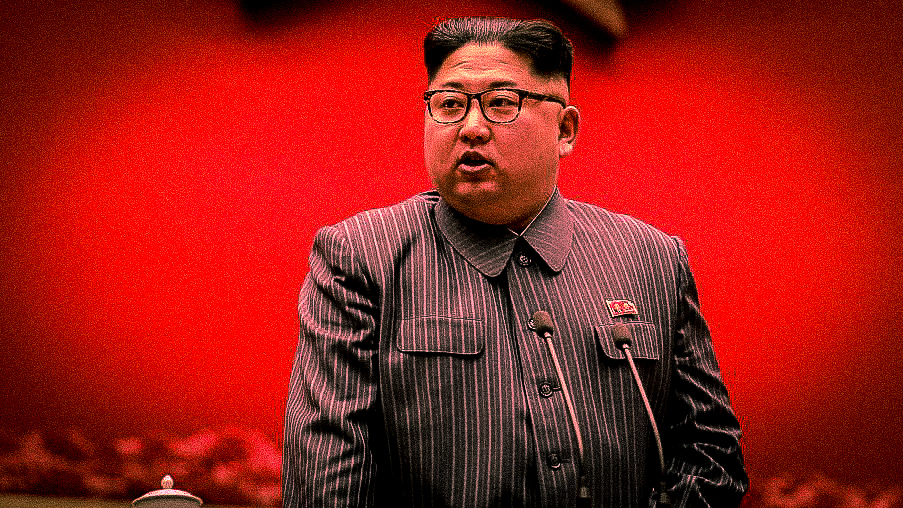I am a foreign policy pragmatist after spending years abroad in various regions that have experienced war and conflict. All foreign policy practitioners know that sometimes you just luck into things; other times, best laid strategic plans fall apart due to an...

